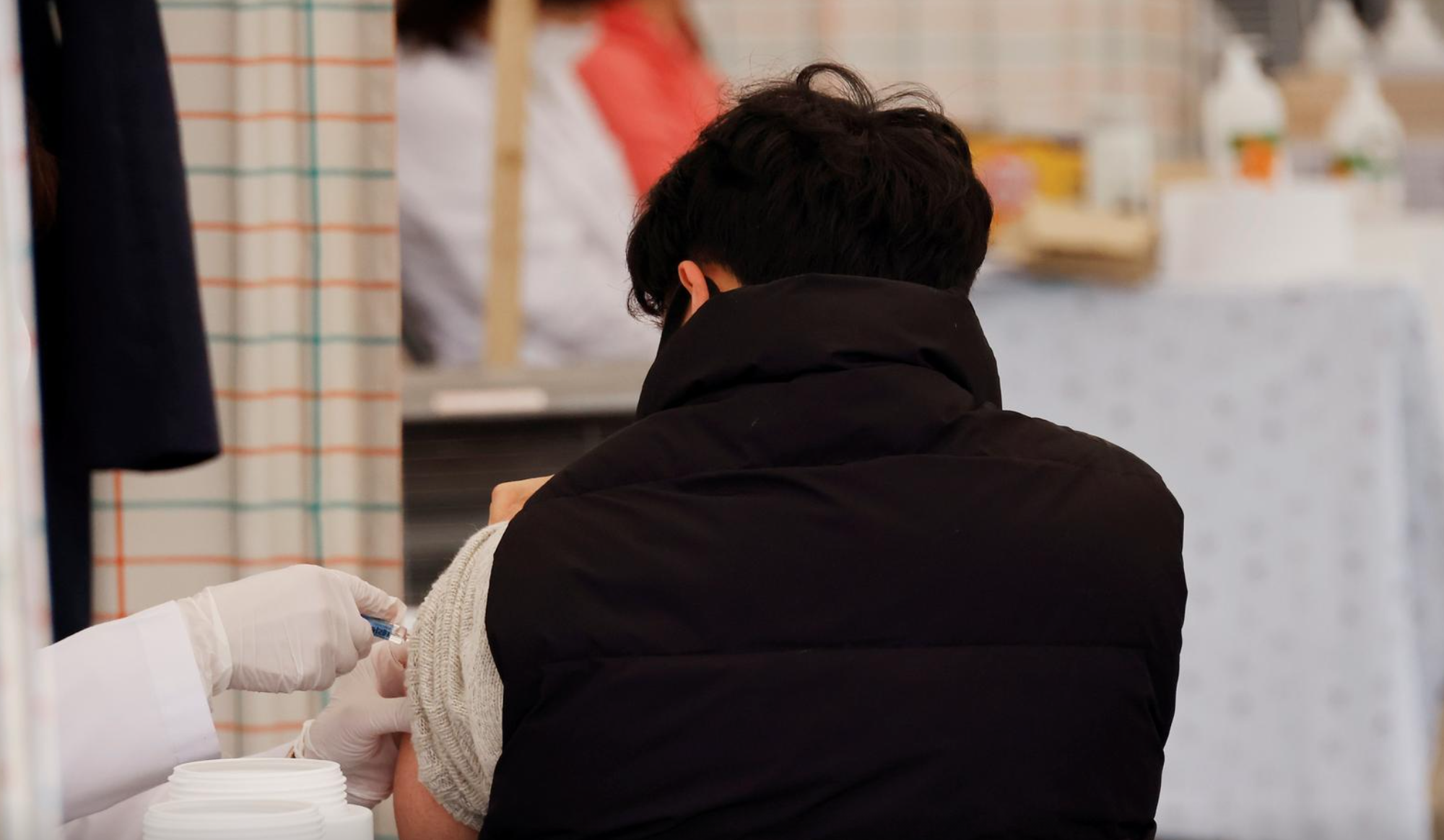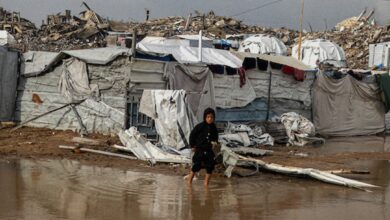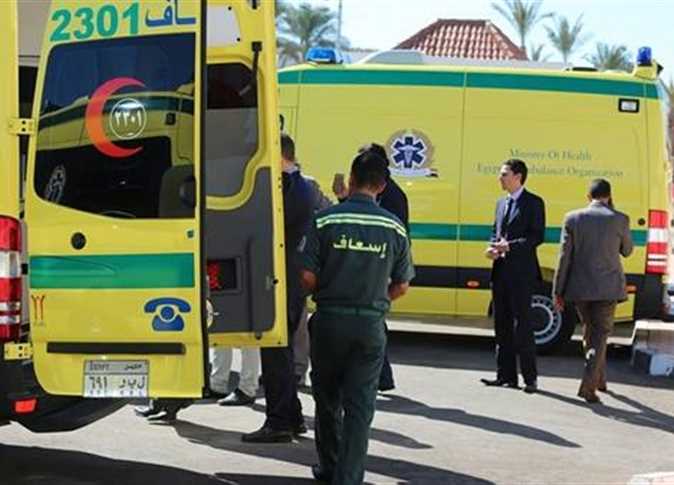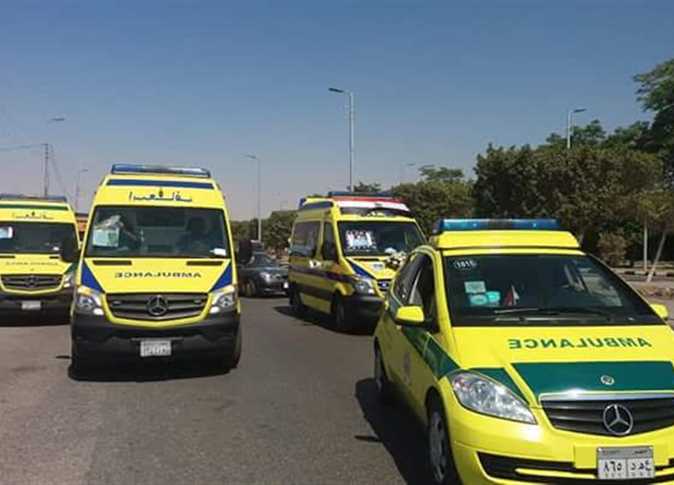
SEOUL (Reuters) – Nine people have died after getting flu shots in South Korea in the past week, raising concerns over the vaccine’s safety just as the seasonal inoculation programme is expanded to head off potential COVID-19 complications.
Five new deaths were reported on Wednesday alone, but authorities had no plans to suspend the vaccination programme, unless investigations, including post mortems, revealed a link, which preliminary findings had not.
“We have reviewed whether it is appropriate to continue the vaccination or better to suspend and wait for the results,” health official Kim Joong-gon told a briefing.
“We came to the conclusion that the deaths had no direct relations with the vaccination given the limited data we have now and without detailed post mortem reports.”
Kim said a preliminary investigation into six victims revealed five had underlying conditions.
Health officials also said no toxic substances had been found in the same vaccine administered to other people.
Coming just weeks after the roll out of the national vaccine programme was temporarily suspended over safety worries, the deaths, which include a 17-year-old boy and a man in his 70s, have dominated news headlines in South Korea.
With winter approaching, the country is planning to inoculate 30 million people in a bid to prevent the health system being overloaded by patients with flu and COVID-19 exposure.
However, the start of a free jab programme for around 19 million eligible people was suspended for three weeks after it was discovered that some 5 million doses, which need to be refrigerated, had been exposed to room temperature while being transported to a medical facility.
Officials said 8.36 million people have been given the free flu vaccine since inoculations resumed on October 13.
Adverse reactions – which included fever, diarrhea and allergies, according to Korea Disease Control and Prevention Agency (KDCA) chief Jeong Eun-kyeong – were reported in 430 people who received the jabs.
The number is higher than 132 and 177 cases of adverse reactions reported in 2018 and 2019 respectively.
Since 2009, some 25 people who received a seasonal flu vaccination have died, but cause-and-effect has not been established, Jeong said.




